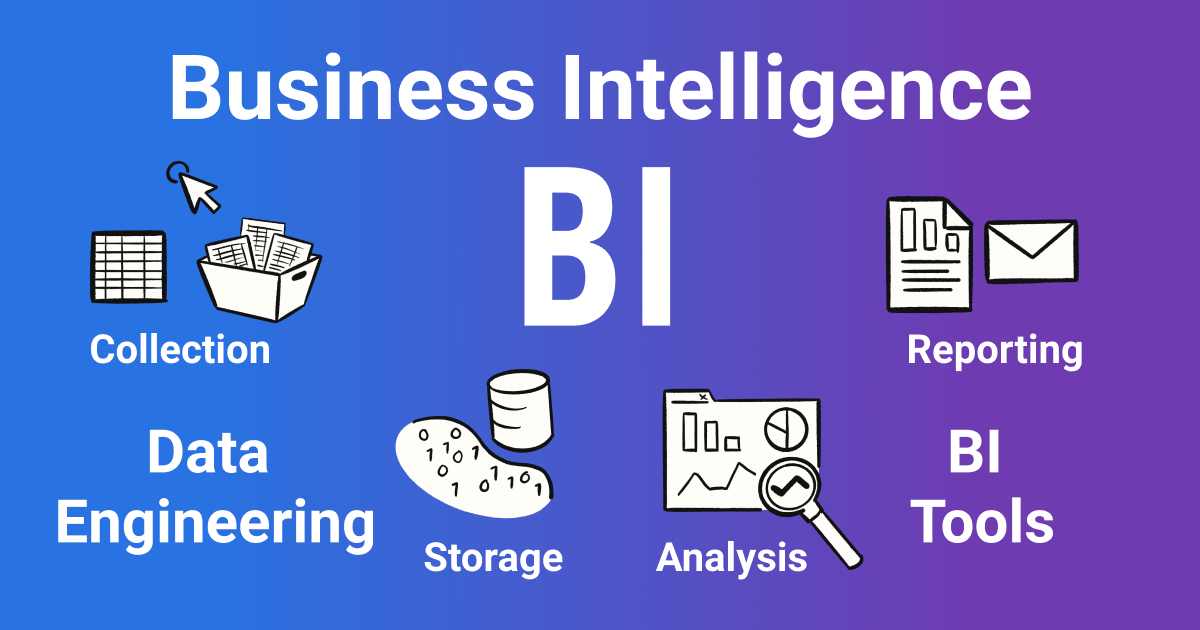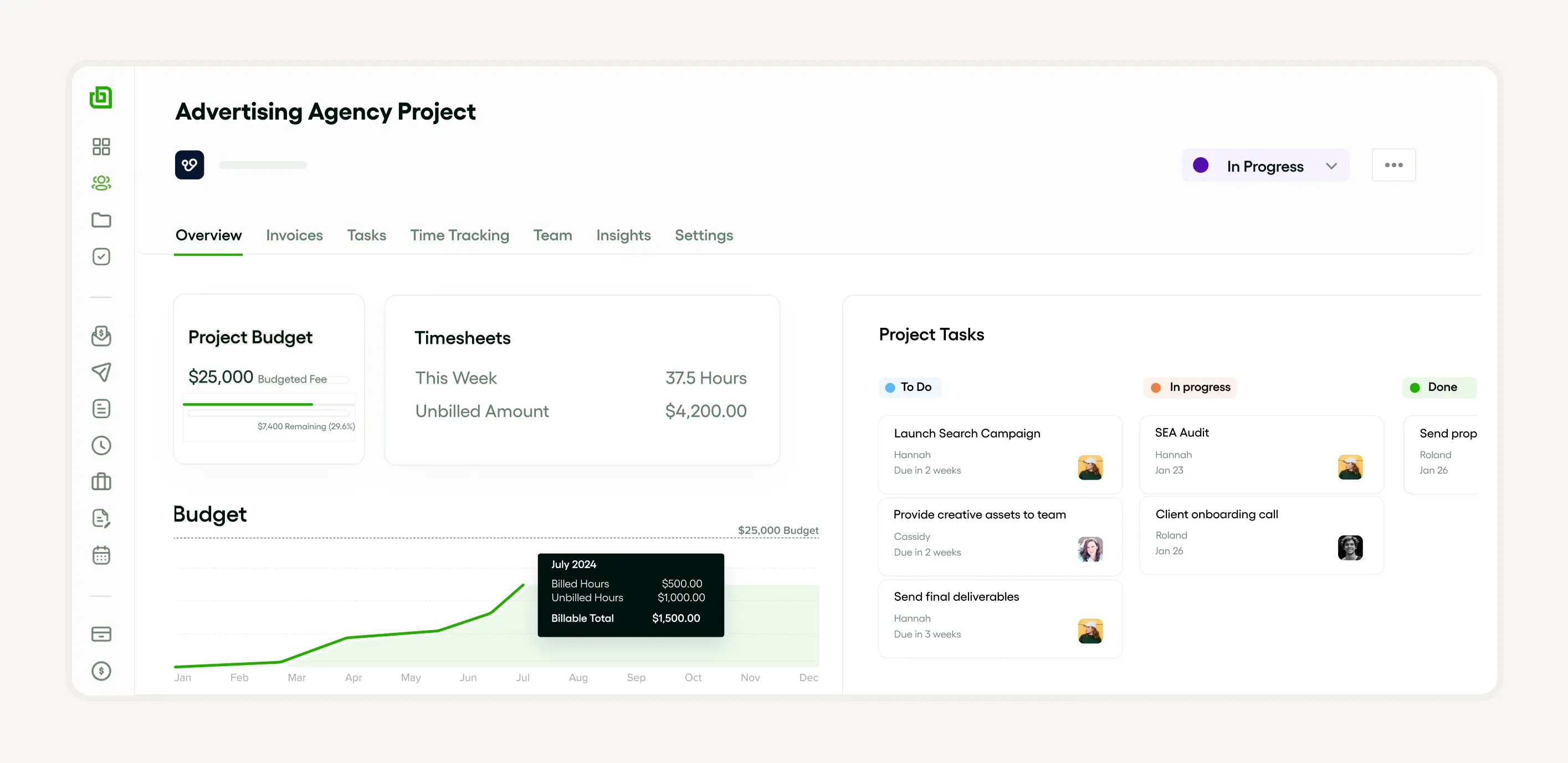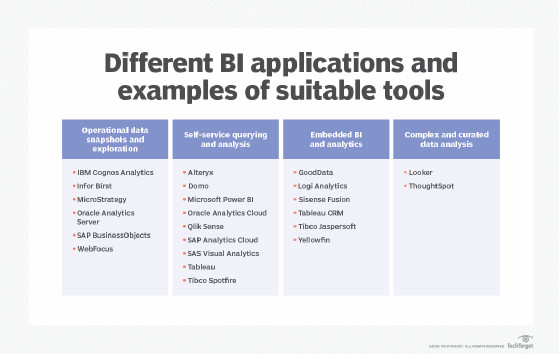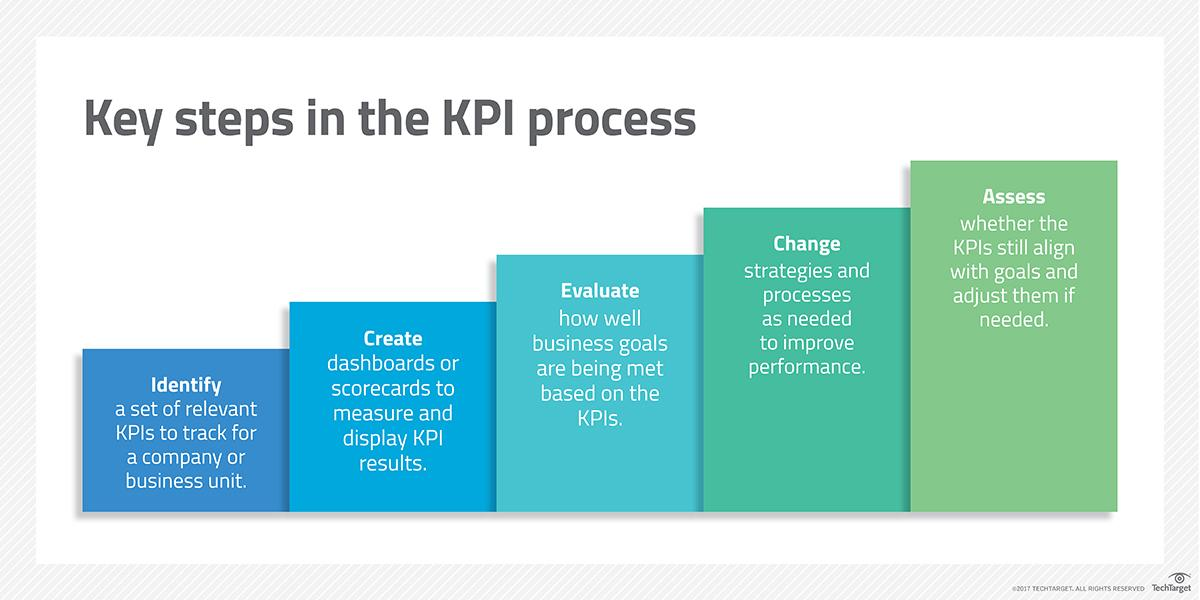Business intelligence tools are a big deal for small businesses. They give you the scoop on data so you can make smart choices. These tools dig into customer habits, spot market trends, and help plan out your business moves. Plus, they make tasks run themselves, saving you time and making sure things go as planned.
Seeing data in charts and graphs makes choices clearer, and keeping an eye on KPIs shows how the business is doing. Predictive analysis is a game-changer—it means you can keep customers happy by knowing what they’ll need before they do. So yeah, business intelligence tools are pretty much a must-have for growing your business.
What are business intelligence tools?
Business intelligence tools are like the brains behind your business decisions. They use data analytics to give you the lowdown on what’s what. With these tools, you can get the hang of customer moods, market swings, and how happy your clients are.
The big wins with these tools are guessing what comes next, showing data in a way that makes sense, keeping tabs on your goals, and making tasks do themselves. With all this in your toolkit, you can make sure your resources are in the right place, guess how things will pan out, and make deciding stuff easier. That’s why these tools are key in today’s business world.
Definition and importance of business intelligence tools
Business intelligence tools are like the smart apps that help you figure out your business data. They’re all about analyzing stuff to help you make better decisions. They can tell you where you’re hitting the mark or missing it, what your customers are up to, and even guess what’s going to happen next. They’re also great at making repetitive tasks go away and turning data into pictures that make sense.
This means you can manage your resources better and plan things out without breaking a sweat. If you’re using these tools, you’re set to get more done, keep your customers smiling, and nail your projects.
How business intelligence solutions work
Business intelligence tools get to work by pulling in tons of data from everywhere. They’re pros at checking out market trends and what people want, using predictions to guide you. This means you can make decisions based on solid facts, which is key to a killer business strategy.
They’re also wizards at showing data in a way that’s easy to get and keeping an eye on your main goals. This makes deciding things a breeze and helps you use your resources the best way. They also take care of the boring stuff, so you can focus on the big picture and keep your customers coming back for more.
The role of business intelligence in small businesses

Business intelligence (BI) tools are like secret weapons for small businesses. They’re all about making smart moves based on data. When small-scale enterprises tap into these tools, they unlock insights into market trends and customer behavior. Think of it as having a crystal ball that predicts what your clients want and where the market is headed.
But that’s not all. BI tools also roll up their sleeves and automate tasks. Decision-making becomes a breeze, and resource management gets a turbo boost. And guess what? KPI tracking—rooted in business intelligence—holds the keys to project success. It’s like having a business mentor who whispers, “Here’s how you win.”
Improving decision making
Smart decisions are the lifeblood of any business. BI tools, data analytics, and insights are your decision-making dream team. They decode customer quirks, spot trends, and predict what’s coming next. These decisions aren’t just good; they’re the secret sauce behind successful strategies.
Modern businesses run like well-oiled machines. Task automation, KPI monitoring, and resource juggling keep things humming. And data visualization? It’s like turning complex data into a picture book—easy to understand and act on.
Enhancing operational efficiency
BI tools, paired with data smarts, supercharge efficiency. They streamline tasks, fine-tune decisions, and serve up real-time market insights. Suddenly, resource management feels like a walk in the park. Small businesses can pivot, adapt, and keep clients grinning.
Predictive analytics is the magic wand. It reveals customer behavior secrets, guiding data-driven choices. And KPI tracking? It’s the compass that points to success, helping allocate resources wisely and nail those project outcomes.
Boosting sales and marketing strategies
Sales and marketing get a turbo boost from BI tools and data analytics. These tools spill the beans on customer behavior and market trends. Armed with this intel, you can make decisions that hit the bullseye and keep clients coming back for more.
Predictive analytics? It’s like having a fortune teller who’s always right. Combine that with KPI tracking, and you’ve got a recipe for resource mastery and project wins. Plus, task automation frees up brain space for big-picture planning. These moves? They’re the secret sauce for business success.
Top business intelligence tools for small businesses
Many business intelligence tools are designed to support small businesses in making data-driven decisions, improving their decision-making processes, and monitoring market trends. Some of these disruptive business intelligence tools are as follows:
- Tableau: With its great data visualization capabilities, it is a great support to track KPIs, and understand customer behavior trends.
- Microsoft Power BI: With its specialization in data analytics and predictive analytics, it is a great support to make business strategies come alive.
- Zoho Analytics: With its capabilities in automating tasks, resource management, and predicting project outcomes, this tool is a great support to drive client satisfaction.
Bonsai: Top business management software

Bonsai is a comprehensive business management software designed to streamline operations for professional service providers and small businesses. It integrates a range of functionalities into one platform, including client relationship management (CRM), project management, financial tracking, and more.
Microsoft Power BI: a comprehensive tool
Microsoft Power BI is a suite of business intelligence tools that is designed to transform raw data into meaningful data insights. With a plethora of features, this agile platform supports task automation, efficient resource management, and effective decision-making. It supports businesses to monitor market trends, make data-driven decisions, and formulate effective business strategies. From predictive analytics and KPI tracking to customer behavior and project outcomes, Power BI is an all-in-one tool in today’s data-driven world. With its dynamic data visualization capabilities, it plays an integral role in driving maximum client satisfaction.
Zoho Analytics: For data visualization
Zoho Analytics is a well-recognized name in the landscape of business intelligence tools that allows businesses to visualize their data for a better understanding and decision-making. With robust data analytics capabilities, it supports organizations to get real insights into the market trends and customer behavior. This helps businesses to formulate effective business strategies and drive client satisfaction. With features such as predictive analytics and KPI tracking, organizations can make data-driven decisions and manage their resources in an efficient manner. The platform also offers task automation, which assists in gaining better project outcomes. All such features make Zoho Analytics a must-use tool for businesses that are aspiring to grow and succeed.
Tableau: For data analysis
Tableau is one of the finest business intelligence tools used for data analysis, which helps in gaining deep data insights and task automation. It is an effective platform for decision-making, which provides you with the capability to track market trends and create business strategies effectively. Through Tableau, it is possible to improve the satisfaction level of clients as it aids in the analysis of customer behavior and extends help in making data-driven decisions. The power of predictive analytics related to KPI tracking aids in effective resource management and provides you with the ability to predict the outcome of projects. The best part of this tool is its data visualization capability, which aids in showing complex data in user-friendly formats that facilitate easy interpretation and analysis.
Sisense: For complex data projects
Sisense is an effective business intelligence tool that utilizes data insights and predictive analytics to help you make data-driven decisions. The tool is created to aid in the effective administration of complex data projects. The software not only automates the data analysis process but also aids in effective decision-making by delivering deep insights into market trends, customer behavior, and project outcomes. Some of the major features of Sisense are:
Key features of Sisense include:
- Data visualization for effective resource management and KPI tracking
- Automation of tasks to aid in the development of effective business strategies
- Insightful data insights for making clients satisfied.
Domo: For real-time data processing
Domo is an effective business intelligence tool that aids in the processing of real-time data. It provides businesses with the ability to make data-driven decisions, develop business strategies, and predict market trends. The predictive analytics and data visualization facilities of Domo help to provide effective data insights and facilitate decision-making. The tool also has KPI tracking and task automation that help enhance resource management and make project outcomes better through automation. In addition, it is also one of the significant drivers for knowing customer behavior and enhancing client satisfaction. In summary, then, Domo is a dynamic software tool that can revolutionize your business intelligence process.
How to choose the right business intelligence tool for your small business

The right business intelligence tools for your small business would depend on the specific needs of your business. Go for a tool that provides data analytics and insights for better data-driven decision-making, apart from that for task automation, to bring efficiency. You should also consider the capability for predictive analytics, KPI tracking, and data visualization for the best market decision-making and to know market trends, customer behavior, and project outcomes. The best tool should also help to come up with effective business strategies and enhance resource management to bring improved client satisfaction. The key is to have a holistic view of your business and encourage growth.
Understanding your business needs
You can go a great way towards adopting data analytics and business intelligence tools by understanding your business needs, which can contribute to data-driven decision-making. Harnessing the power of predictive analytics can help you know customer behavior and market trends, which would help you draw effective business strategies. Tools like task automation can enhance resource management and positively impact project outcomes. Decision-making can be improved via data insights, which are drawn through complex data visualization and wonderful KPI tracking. In the end, understanding and fulfilling your business needs go a long way in driving higher client satisfaction.
Evaluating the features of the tool
The business intelligence tools offered by this tool provide effective data analytics, and in turn make data insights vivid and decision-making accurate. This can aid in making businesses cope with market trends and make data-driven decisions easily. Task automation features are also rather effective in making the business process streamlined, and hence, it saves time and resources. This tool also excels in predicting customer behavior and using predictive analytics to scale up client contentment as well as the business strategies. Detailed analysis of the behavior tendencies of the customers can ease fine-tuning marketing and sales strategies, leading to increased profitability. The KPI tracking system and data visualization are two other standout features that can enable resource management and assessment of the outcomes of the projects. These features ease metrics performance tracking and data visualization for businesses to track, and hence, the data provided becomes more digestible and consumable.
Considering the cost of the tool
Cost is a very significant factor when it comes to making the best use of business intelligence tools. These tools offer data analytics and data insights that play a pertinent role in decision-making and influence business strategies, and also provide the ability to understand market trends. However, the value addition should be justifiable proportionately and proven by its worth by the cost incurred. Some other features like task automation, predictive analytics, customer behavior analysis, data visualization, and KPI tracking can scale up the cost but can also increase the client contentment as well as improve the outcomes of the projects. Hence data-driven decisions have to be made when it comes to selecting a business intelligence tool, so that the cost is wisely calculated in compensation to the prospective return on investment. Also, the cost of such tools can impact resource management directly, hence the need to monitor the cost as well and ensure that the software to be used will have something to present as its gain to the company.
Implementing business intelligence tools in your small business
Integrating business intelligence tools like predictive analytics, data visualization, and KPI tracking can revolutionize your small business. These tools can leverage data insights and analytics to facilitate effective decision-making, track market trends, and optimize business strategies.
Moreover, task automation provided by these tools aids in resource management, boosts client satisfaction, and assures better project outcomes. With a keen understanding of customer behavior, you can make data-driven decisions that pave the way for growth and success in your industry.
Training your team
Training your team in data analytics and business intelligence tools is critical for enhancing decision-making and creating effective business strategies. This can provide data-driven insights into market trends and customer behavior, improving client satisfaction and project outcomes.
Key areas to focus on should include:
- Data visualization techniques for better understanding of data insights
- Predictive analytics to forecast market trends
- Task automation for efficient resource management and KPI tracking
Integrating the tool with existing systems
Integrating the tool with existing systems can greatly enhance decision-making and project outcomes. By fitting business intelligence tools into your current frameworks, you can maximize data insights and improve your predictive analytics. Such integration can help in understanding market trends, customer behavior and can promote data-driven decisions.
This process can also boost other areas of your organization. For example, task automation could reinforce resource management, while KPI tracking could boost client satisfaction. Enhanced data visualization, alongside your existing systems, can refine your business strategies.
The constructive use and understanding of these tools thus become a vital component in defining the success of the business in the current digitally-driven market scenario.
Measuring the success of business intelligence tools
Business intelligence tools measure up by how much they sharpen your decision-making. They’re like a data flashlight, shining a light on market trends and what customers are up to. And when it comes to making smart moves, real-time data and predictions are your best friends.
These tools also get a high-five for making tasks run themselves, keeping an eye on your goals (KPIs), and juggling resources like a pro. They turn brain-benders into easy-to-get visuals, so you can make choices that hit the mark every time.
Tracking Key Performance Indicators (KPIs)

When you bring business intelligence tools into the mix, you’re setting up your decision-making to be slick and smart. They help you spot market trends, manage resources without breaking a sweat, and really get your customers. Plus, they’re all about making sure your business plans are on point.
Predictive analytics is like having a future-seeing crystal ball—it helps you keep your customers smiling and your resources right where they need to be. And let’s not forget data visualization—it’s the secret sauce that makes complex stuff simple.
Regularly reviewing and adjusting strategies
Staying on top of your game means always tweaking your business playbook. You’ve got to use business intelligence tools and data analytics to fish out the golden nuggets of data. Think of it as keeping your business fit—always ready to jump on opportunities or dodge curveballs.
Happy clients, spot-on KPIs, and clear-as-day visuals should guide your strategy tune-ups. And with tasks running on autopilot, you’re free to focus on the big picture. Keep this up, and you’ll not only play the game but change it.






